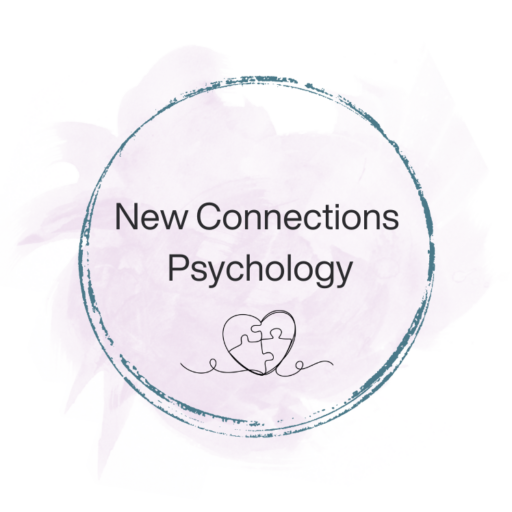Introduction
In our fast-paced, ever-changing world, stress has become a common companion in the lives of many. While occasional stress is a normal physiological response, chronic stress can have profound effects on both our physical and mental health. This blog post delves into the science of stress, exploring how it impacts our body and mind and culminates with insights into the role of therapy in managing stress.
What is Stress?
Stress is the body’s reaction to any change that requires an adjustment or response. This reaction can be physical, mental, or emotional. The body reacts to these changes with physical, mental, and emotional responses. Stress is a normal part of life and can be experienced from your environment, your body, and your thoughts.
How the Body Responds to Stress
The body’s stress response, often termed the “fight or flight” response, is primarily governed by the sympathetic nervous system. When you perceive a threat or a significant challenge, chemicals like adrenaline and cortisol flood your system. These chemicals:
- Increase heart rate: To pump more blood to your muscles.
- Elevate blood pressure: To send more oxygen to your brain.
- Boost energy supplies: By converting glucose into readily usable energy.
This response is designed to help you deal with the stressor effectively, either by confronting it (fight) or avoiding it (flight).
Chronic Stress and Its Impact
While acute stress can be beneficial for handling immediate threats, chronic stress can be detrimental. Prolonged stress can lead to:
- Cardiovascular diseases: Constant stress increases the heart rate and blood pressure, straining the heart.
- Musculoskeletal System Issues: Chronic tension in muscles can result in headaches, migraines, and pain in the neck and back.
- Immune system suppression: Chronic stress can weaken the immune system, making you more susceptible to infections.
- Gastrointestinal problems: Stress can exacerbate conditions like irritable bowel syndrome (IBS) and heartburn.
- Sleep disturbances: It can lead to problems such as insomnia or disturbed sleep patterns.
Mental and Emotional Effects of Stress
Stress doesn’t just affect the body; it also impacts the mind. Some of the mental and emotional effects include:
- Anxiety and depression: Long-term stress can lead to feelings of hopelessness and depression or excessive worrying.
- Memory and concentration issues: Stress can impact cognitive functions, making it hard to concentrate or remember things.
- Mood swings: You might experience irritability or moodiness.
Managing Stress: Lifestyle Changes and Coping Strategies
Managing stress involves both lifestyle changes and coping strategies:
- Exercise: Regular physical activity can help reduce stress hormones and release endorphins, chemicals that improve your mood.
- Balanced diet: Eating a healthy diet can help counter the impact of stress by boosting the immune system and lowering blood pressure.
- Quality sleep: Ensuring adequate sleep helps your body and mind recover from stress.
- Relaxation techniques: Activities like yoga, meditation, and deep breathing can activate the body’s relaxation response.
- Social support: Having a strong support system can help you manage stress more effectively.
The Role of Therapy in Managing Stress
Therapy plays a crucial role in managing stress, particularly when it becomes overwhelming. Talking with a mental health professional can provide:
- New perspectives: Therapists can offer new viewpoints on stressful situations and help you develop coping strategies.
- Stress management techniques: Therapists can teach skills like mindfulness, cognitive restructuring, and problem-solving.
- Emotional support: Having someone to talk to can be incredibly therapeutic in itself, and can also help support unresolved emotional pain.
Therapy can be a safe space to explore the sources of your stress and learn effective ways to manage it, ultimately leading to improved mental health and quality of life.
Conclusion
Understanding the science of stress is essential for recognizing its impact on our bodies and minds. While stress is an inevitable part of life, chronic stress can lead to significant health issues. By adopting healthy lifestyle changes and coping strategies, and seeking professional help when needed, we can better manage stress and lead healthier, more fulfilling lives.
This comprehensive exploration into the science of stress underscores its complex nature and pervasive impact. It’s a reminder that while stress is an inescapable part of life, its management is crucial for maintaining our overall well-being.

